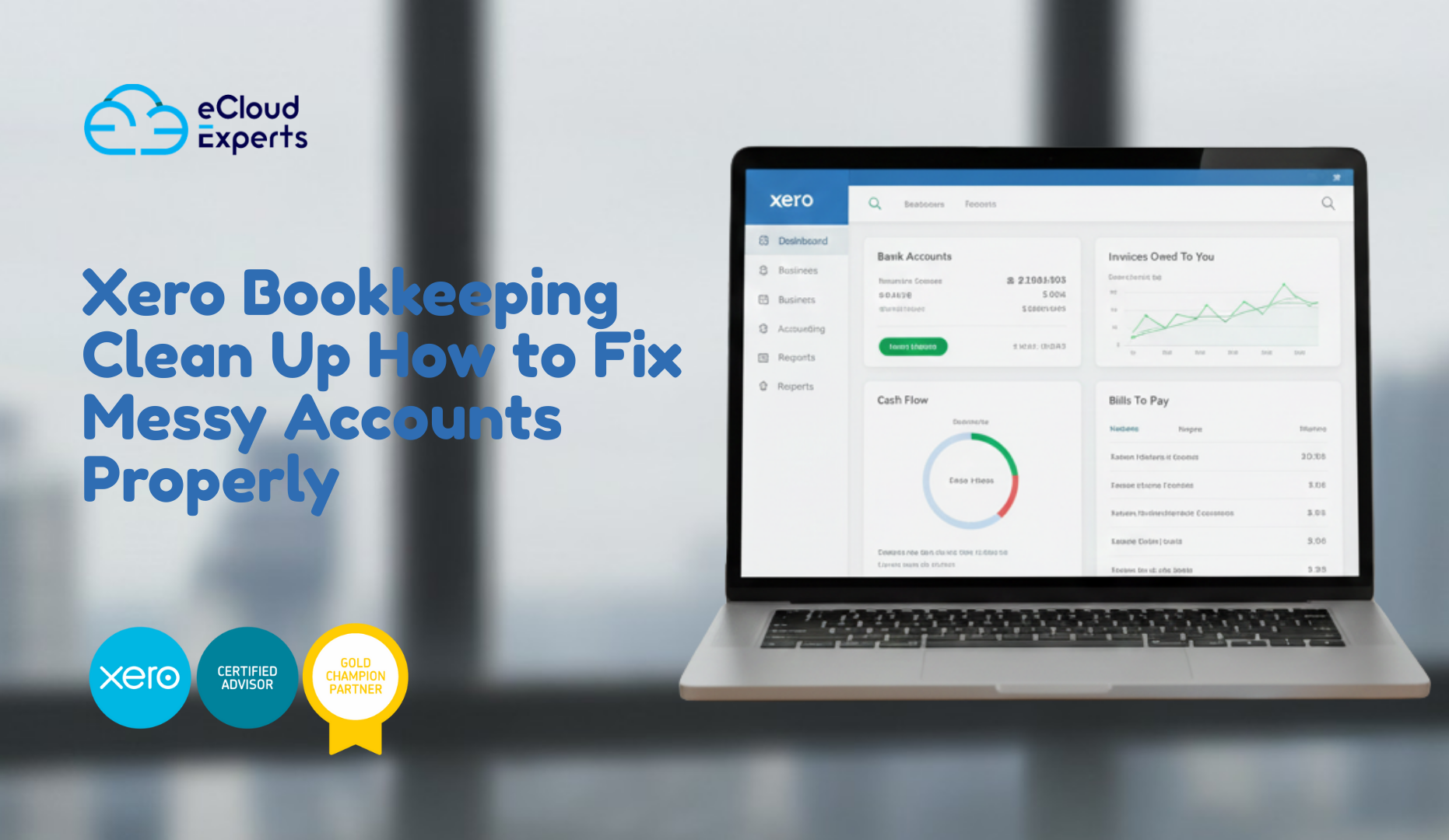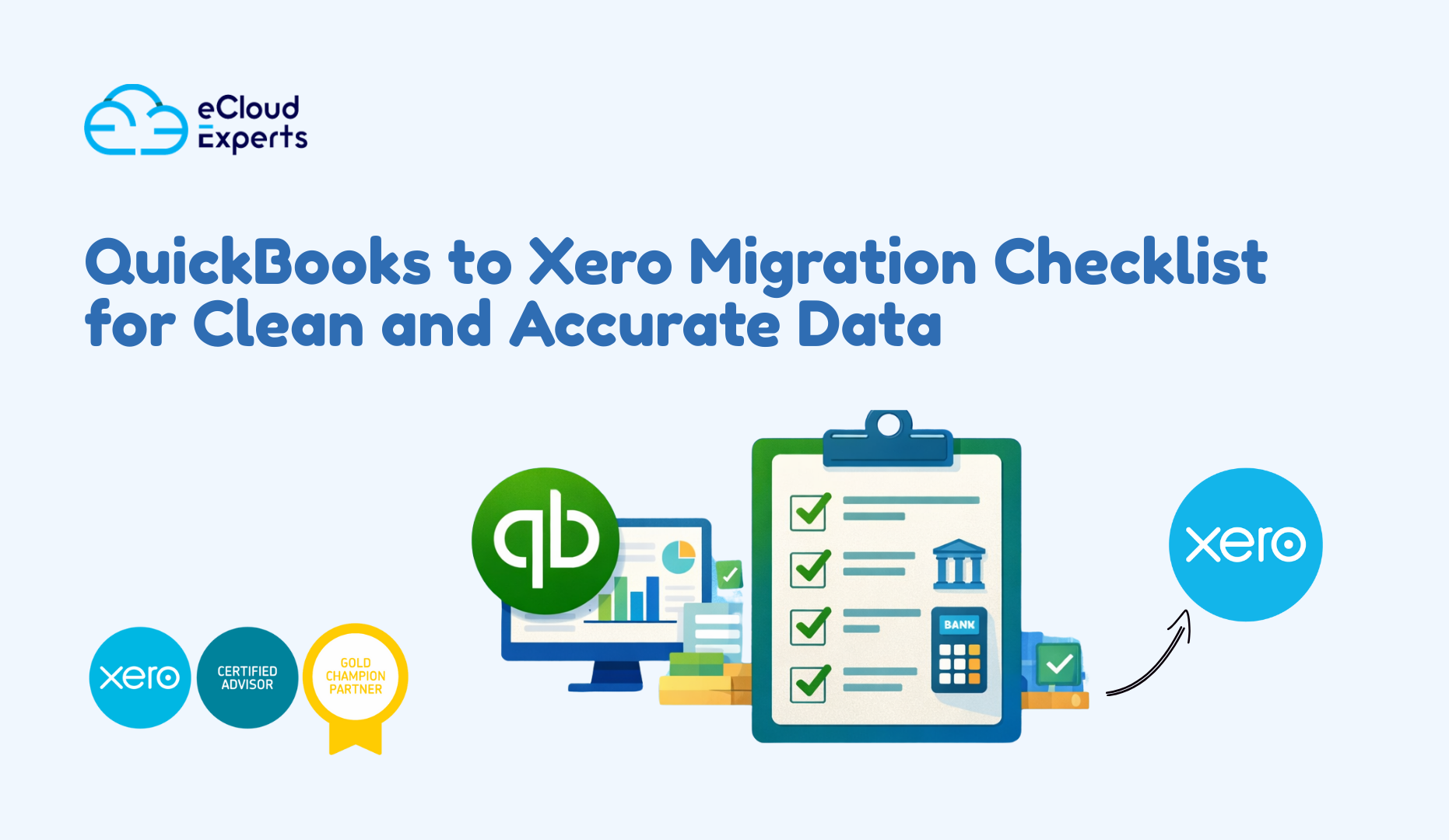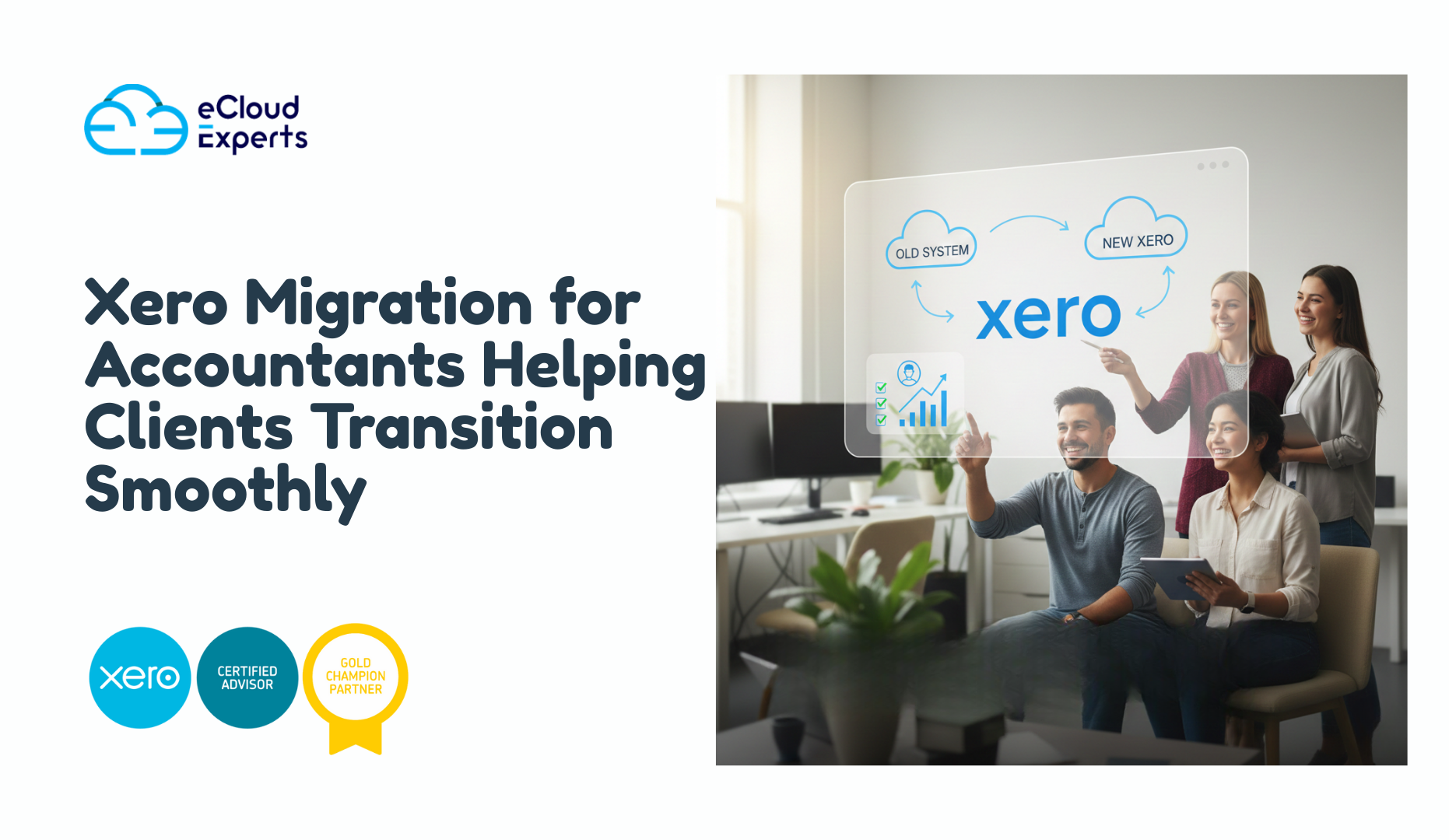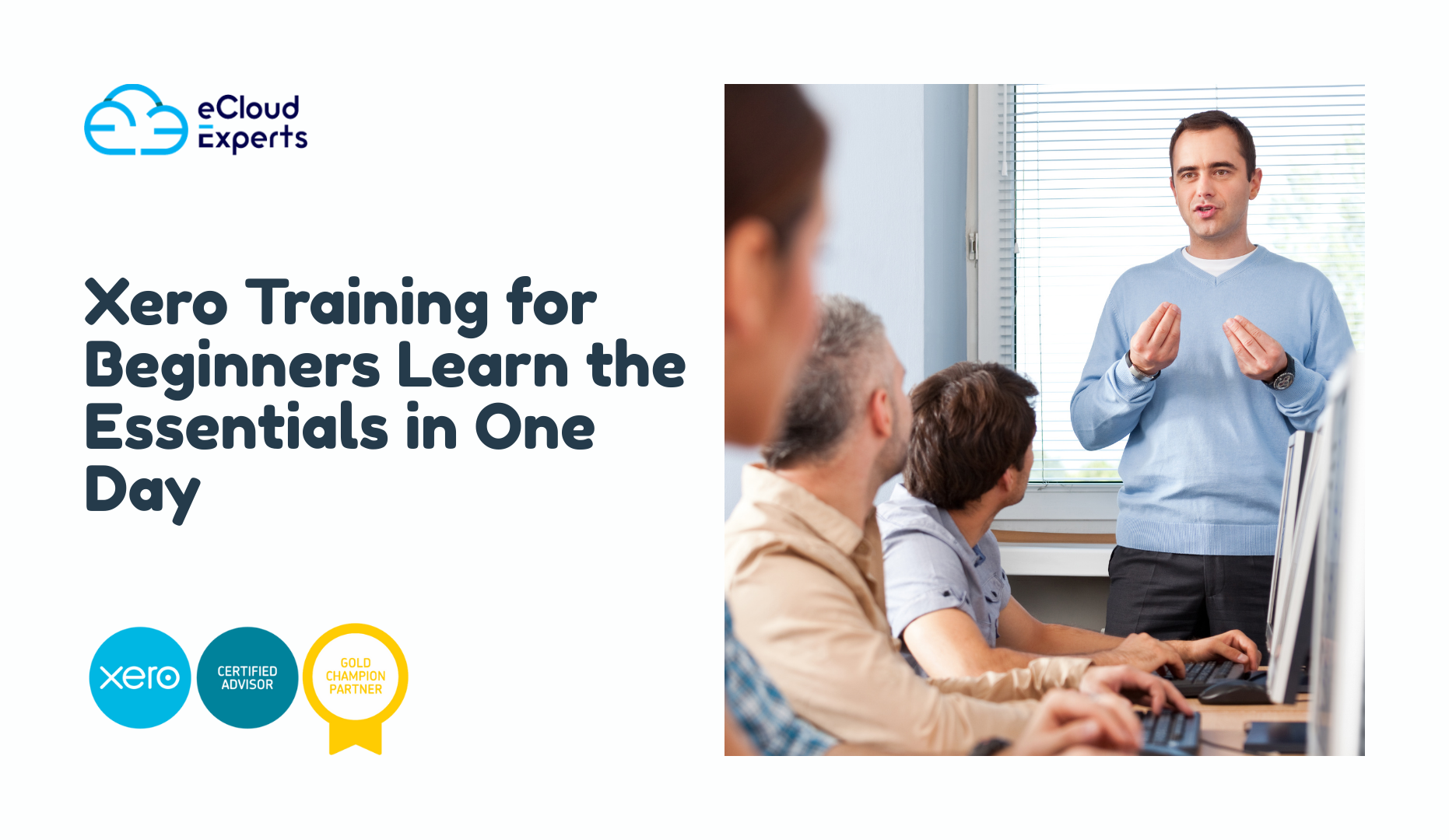Manage Your Online Business Finances and Maximize Your Tax Savings
The digital age has opened up endless opportunities for entrepreneurs to create and scale online businesses. Whether you’re selling digital products, running an e-commerce store, or offering online coaching, managing your finances effectively is crucial. From tracking income to claiming expenses and filing tax returns, digital entrepreneurs face unique financial challenges.
At eCloud Experts, we specialize in providing tax, accounting, and advisory services tailored for digital entrepreneurs. Our expertise ensures you remain HMRC-compliant, maximize deductions, and focus on growing your business.
Why Digital Entrepreneurs Need Professional Accounting Support
As a digital entrepreneur, your income can come from a variety of sources, including:
- Digital product sales (e.g., e-books, courses, templates)
- Subscription-based services (e.g., memberships, SaaS)
- E-commerce platforms (e.g., Shopify, Amazon, Etsy)
- Affiliate marketing income
- Coaching and consulting services
- Sponsored content and brand partnerships
Handling multiple revenue streams, filing tax returns, and staying on top of VAT requirements can be time-consuming and complex. At eCloud Experts, we help you:
- Track all income streams accurately.
- Identify and claim allowable business expenses.
- File Self-Assessment or corporate tax returns on time.
- Set up and manage VAT and payroll systems.
Do Digital Entrepreneurs Need to File a Tax Return?
Yes. If you’re earning income as a digital entrepreneur, HMRC considers you self-employed, and you are required to:
- Register for Self-Assessment with HMRC.
- File an annual Self-Assessment tax return to report your income and expenses.
You need to file a tax return if:
- Your total income exceeds £1,000 in a tax year (April 6 to April 5).
- You are selling digital products, running an e-commerce store, or earning from affiliate marketing.
- You operate as a Limited Company, which requires filing corporate tax returns.
At eCloud Experts, we simplify the process, ensuring you meet all deadlines and avoid penalties.
What Counts as Taxable Income for Digital Entrepreneurs?
HMRC requires you to declare all income earned from your digital business. This includes:
1. Digital Product Sales
Revenue from selling e-books, courses, templates, or other digital downloads is fully taxable.
2. Subscription-Based Services
Income from membership platforms or SaaS businesses (e.g., Patreon, Kajabi) must be reported.
3. Affiliate Marketing Income
Earnings from affiliate programs, such as Amazon Affiliates or referral links, are taxable.
4. E-Commerce Revenue
Income from selling physical or digital products on platforms like Shopify, Amazon, or Etsy must be declared.
5. Coaching and Consulting Services
Fees from one-on-one coaching, group workshops, or consulting sessions are taxable.
6. Sponsored Content and Partnerships
Payments or benefits received for promoting products or services online must be included in your tax return.
VAT Considerations for Digital Entrepreneurs
If your total income exceeds £85,000 in a rolling 12-month period, you are required to register for VAT.
Common VAT Challenges for Digital Businesses
- Digital Product Sales: VAT rules vary based on where your customers are located (e.g., EU vs. non-EU customers).
- E-Commerce Platforms: Platforms like Amazon and Etsy may require VAT compliance based on their own rules.
- Subscription Models: VAT must be calculated on recurring subscription payments.
At eCloud Experts, we:
- Help you determine if VAT registration is necessary.
- Assist with VAT compliance for international sales.
- Handle VAT returns and record-keeping.
Allowable Expenses for Digital Entrepreneurs
To reduce your tax liability, you can claim business expenses that are “wholly and exclusively” for your online business. Common examples include:
1. Website and Hosting Costs
- Domain registration and hosting fees (e.g., GoDaddy, Bluehost).
- Website design, development, and maintenance costs.
2. Software and Tools
- Email marketing tools (e.g., Mailchimp, ConvertKit).
- E-commerce platforms (e.g., Shopify, WooCommerce).
- Design and editing tools (e.g., Canva, Adobe Suite).
3. Advertising and Marketing
- Social media ads on platforms like Facebook, Instagram, and Google.
- Virtual assistants or freelancers for content creation and promotion.
4. Equipment and Technology
- Laptops, desktops, and tablets used for business purposes.
- Cameras and microphones for creating content or webinars.
5. Training and Development
- Courses, certifications, or workshops related to your business.
6. Travel and Accommodation
- Costs incurred for attending business-related events, workshops, or client meetings.
7. Home Office Costs
- A proportion of your rent, utilities, and internet if you work from home.
- Furniture or décor for your office setup.
8. Professional Services
- Accountant fees for managing your tax returns and finances.
- Legal fees for contracts or business registrations.
Should Digital Entrepreneurs Form a Limited Company?
If your business is growing, forming a Limited Company may be more tax-efficient than operating as a sole trader.
Benefits of a Limited Company for Digital Entrepreneurs
- Tax Efficiency: Pay yourself through a combination of salary and dividends to reduce tax liabilities.
- Professional Image: Operating as a Limited Company enhances your credibility with clients and partners.
- Limited Liability: Protects your personal assets from business debts.
Our Services for Limited Companies
- Company Formation: Quick and hassle-free registration of your Limited Company.
- Payroll and PAYE Management: Setting up and managing payroll for employees.
- Corporate Tax Returns: Preparation and submission of annual corporation tax filings.
- VAT Registration: Assistance with VAT compliance and filings.
Why Choose eCloud Experts?
At eCloud Experts, we provide expert tax and accounting solutions tailored for digital entrepreneurs. Here’s why we’re trusted by business owners across industries:
- Specialist Knowledge: Expertise in digital income streams, VAT, and international sales.
- Expense Optimization: Helping you claim all allowable deductions to reduce your tax bill.
- Real-Time Bookkeeping: Automated financial management with Xero for clarity and control.
- Company Formation Support: Seamless setup and management for Limited Companies.
- Ongoing Support: Year-round advice to help you grow your business.
How We Help Digital Entrepreneurs
- Tax Return Filing: Accurate reporting of income and expenses for HMRC compliance.
- VAT Management: Assistance with VAT registration and filings for international sales.
- Expense Tracking: Identifying all allowable deductions to save on taxes.
- Limited Company Formation: Support for transitioning to a more tax-efficient business structure.
- Ongoing Advisory: Proactive tax and financial advice tailored to your business needs.
Conclusion
Running an online business as a digital entrepreneur offers incredible flexibility and growth potential. But managing your finances can quickly become complex. From tracking income and expenses to filing tax returns and managing VAT, professional accounting support is essential for success.
At eCloud Experts, we provide tailored solutions to help you stay compliant, maximize savings, and focus on growing your digital business.
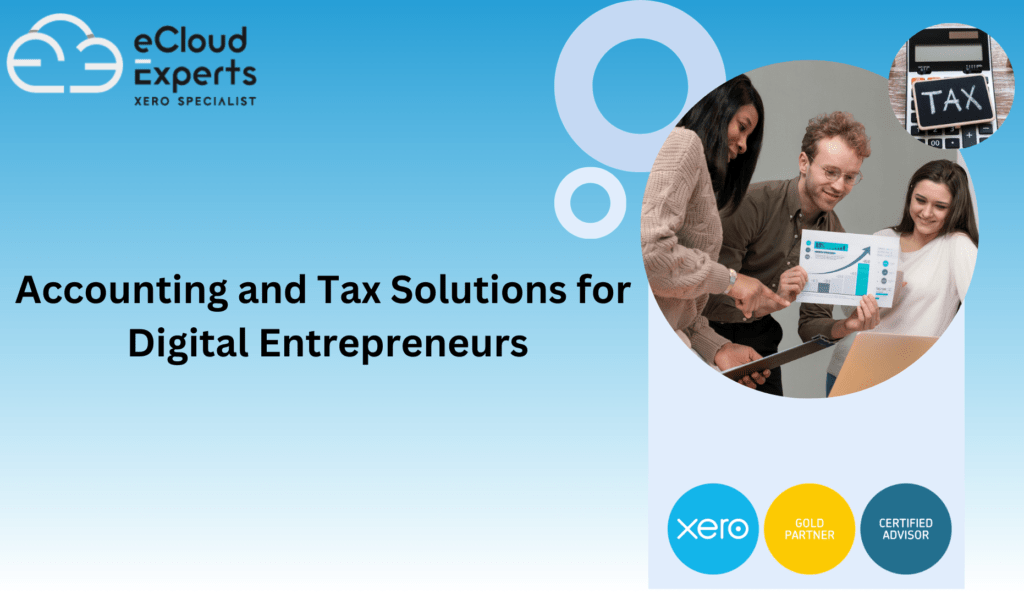
Contact eCloud Experts today to simplify your finances and take your business to the next level.



